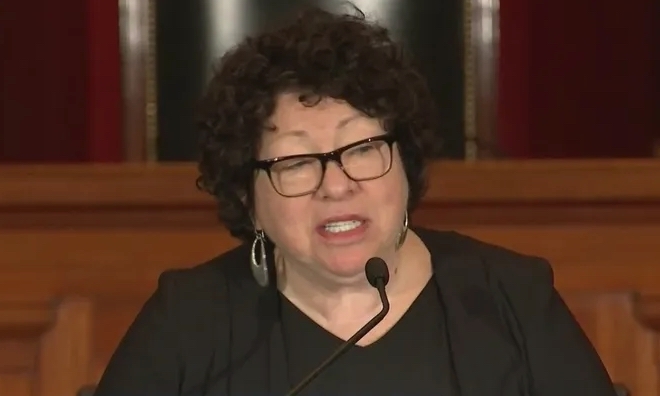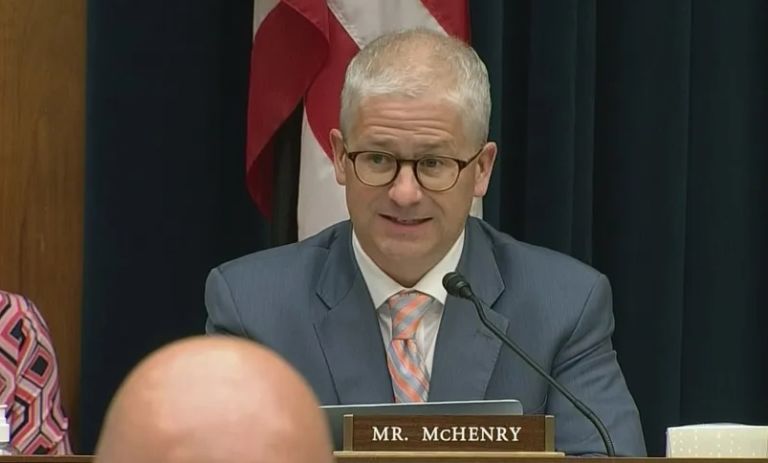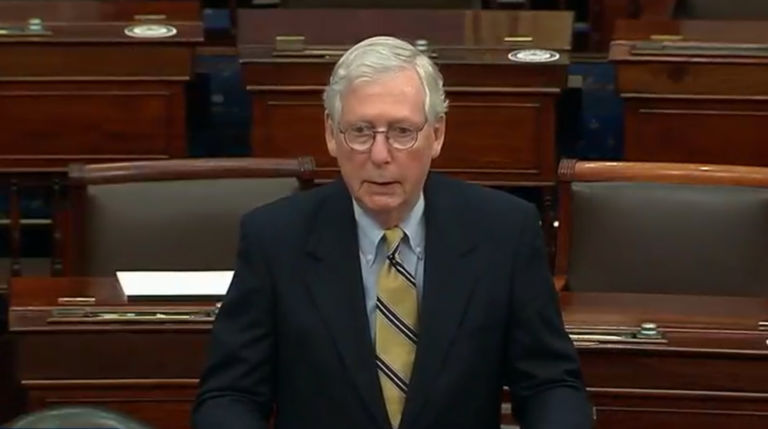Robert Bork Jr. writes for the Washington Examiner about the harmful impact of businesses focusing too much attention on environmental, social, and governance criteria.
A few years back, a Nevada man made millions of dollars selling lots on the moon, complete with “lunar deeds” to be framed and displayed. It turned out to be a strong business plan. At $24 an acre, lunar lots were snapped up by many eager buyers, including A-list movie stars and former U.S. presidents.
Dollars invested in future ranches by the airless, bone-dry Sea of Tranquility is the very soul of discretionary spending. Not so discretionary will be the large sums in your personal retirement funds that will evaporate in the service of so-called environmental, social, and governance investments. You won’t even get a deed with five green stars you can frame and display in your home office.
When Congress passed the Employee Retirement Income Security Act in 1974 to govern private pension plans, it imposed strict fiduciary duties of prudence and loyalty. In other words, your fiduciaries, or asset managers, were legally required to obtain the best financial returns for you while striving to reduce expenses and risks to your portfolio. ERISA remains the law under which 152 million workers hold $12 trillion in assets.
In recent years, large fund managers such as BlackRock, State Street, and Vanguard have leaned in hard on the ESG movement. At their back are powerful NGOs such as Ceres, which push out coordinated talking points and foment proxy challenges to harass large corporations into adopting their preferred policies. The Department of Labor during the Trump administration sought to at least protect personal savings from this fashion by issuing a rule that reinforced the plain language of ERISA: that asset managers must not “sacrifice investment returns” to promote ESG factors.


